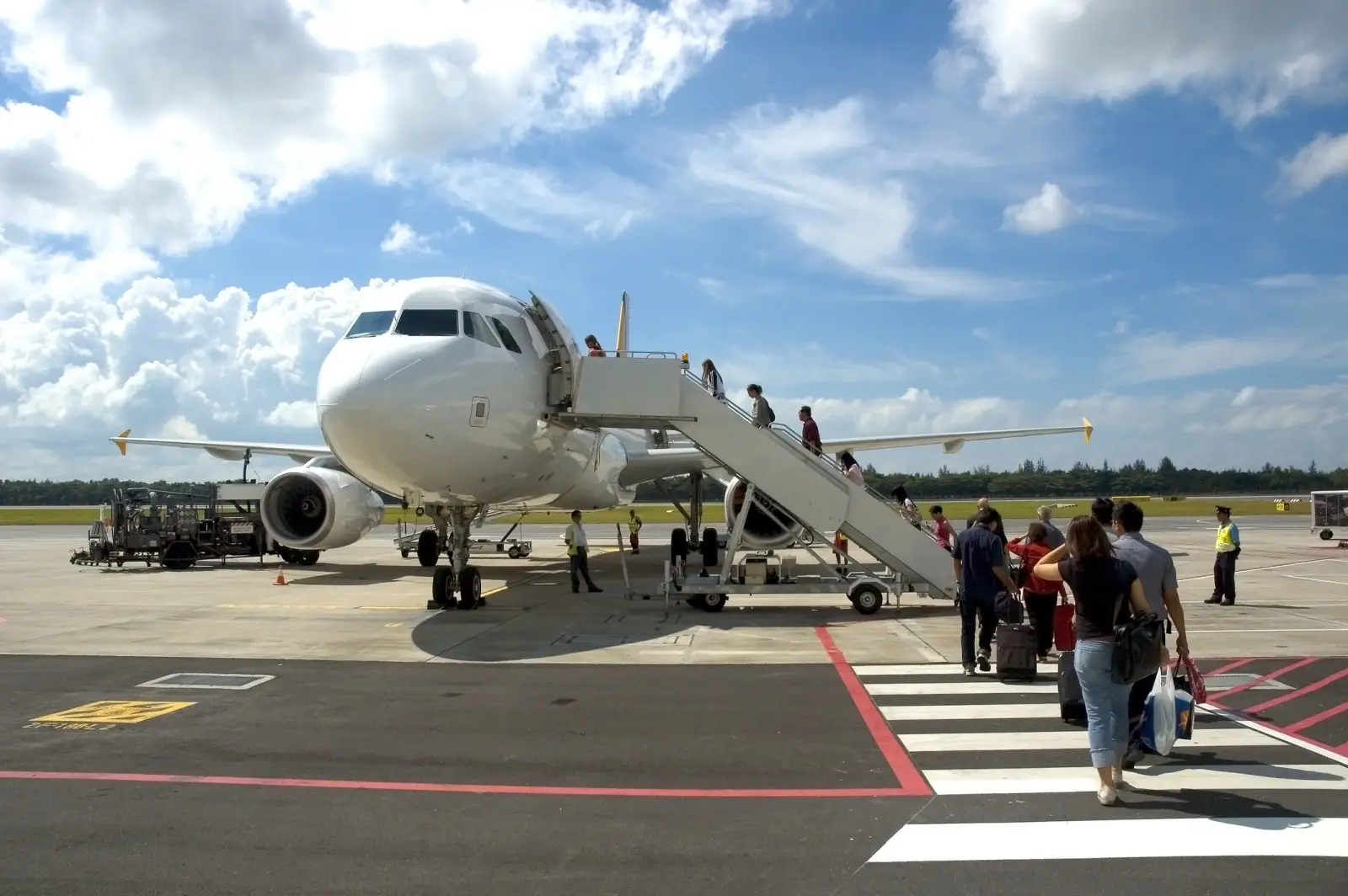In May 2024, the price of a Big Mac in Turkey (Turkiye) rose to $5.58, overtaking the cost in the United States. The U.S. sells the same hamburger for $5.35, making it 4.3% more expensive in Turkey.
The dollar-based inflation calculated via Big Mac prices has seen significant increases. From January 2024 to May, the price in dollars spiked by 8.08%, from $4.95 to $5.35.
Comparing to January 2023, the Big Mac’s price was $3.98, indicating a year-over-year dollar-based increase of 34.42%. Since January 2022, the increase reaches a staggering 187%, with prices back then at $1.86.
The Turkish Lira is 4.31% more valuable than it should be according to the Big Mac Index. Worldwide, the Big Mac Index is a tool for measuring inflation in countries where McDonald’s operates.
Currently, while the average price of a Big Mac in the U.S. is $5.35, it varies in Turkey but is listed at 180 TL on their website, equivalent to $5.58 at current exchange rates. Based on the Big Mac Index, the USD/TL exchange rate should be 33.64, but it currently stands at 32.25.
Comparisons from January 2024 suggest that the Turkish Lira was 14.83% less valued than it should be against the dollar. Data from January 2023 indicates the Lira was undervalued by 25.6%, and in January 2022 by 63%.
What is the Big Mac Index?
Published by The Economist magazine, the Big Mac Index measures the real exchange rate using the universally produced hamburger, the Big Mac. It offers insights into shifts in the real value of the Turkish Lira against the dollar due to fluctuations in the USD/TL exchange rate.
Rethinking Affordability: Turkey’s Rising Costs and the New Digital Nomad Visa
Despite some US journalists labeling Turkey as one of the cheapest countries to live in, recent trends and continues price rises in the country proves that it is not that cheap to live here.
Turkey’s introduction of the Digital Nomad visa aims to attract remote workers with the allure of living in a historically rich and culturally vibrant location. However, potential applicants should be wary of the rising costs. While the visa provides the legal framework to live and work remotely, the economic reality may differ significantly from expectations based on outdated perceptions of affordability.













